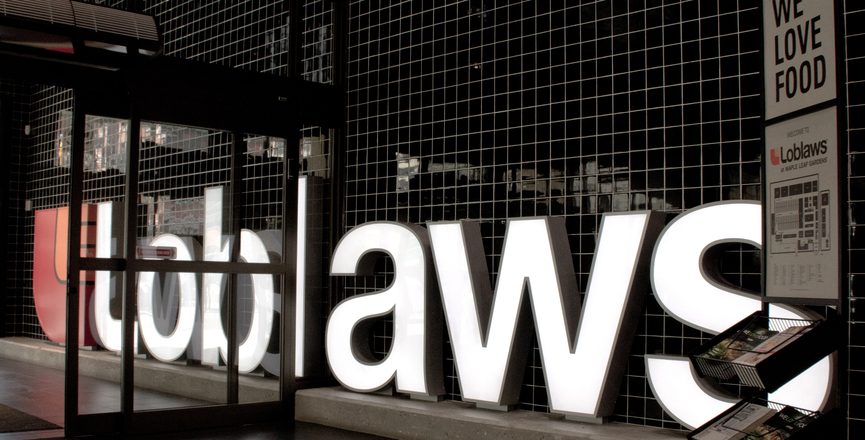Having worked many precarious jobs — from supermarkets to call centres — I cannot express enough the heart-wrenching pain I feel for staff at Loblaws and Metro as I read about the unthinkable decision to scrap their meagre $2 pandemic pay rise. This small wage increase was fought for by staff and unions as compensation for workers risking their lives to serve others during a global pandemic.
These decisions were likely made by faceless executives without a second thought for workers who have risked everything, not through a love or devotion for their job, but just to survive. Faced with working in a high-risk environment during a pandemic, or fighting the bureaucratic maze that is Canada Emergency Response Benefit (CERB) as the government seeks to criminalize people who do not navigate this system to their standard, workers are left in difficult positions. This is a story of how racial capitalism manifests in our current society, making life harder to survive for the working poor.
Supermarket front-line workers in Toronto are predominantly people of colour who will have received no extra support from the federal government during the pandemic. Remember that, just last year, the billionaire owner of Loblaws, Galen Weston, received $12 million of taxpayer money to install new fridges in his stores. Meanwhile, Loblaw Companies Ltd., which owns the Loblaws grocery stores, No Frills and Shoppers Drug Mart, has seen profits soar to $240 million during the pandemic, compared to $198 million last year.
Of course, the billionaire owners of corporations like Loblaw are not risking their lives by coming into contact with customers everyday. In stark contrast, the front-line supermarket worker has had to fight tooth and nail to get basic personal protective equipment (PPE) and is faced with the threat every day of contracting COVID-19 — a virus that is disproportionately killing people of colour. It’s unconscionable.
Right now, the global uprising in response to the death of yet another Black man, George Floyd, at the hands of the state, is primarily about the injustices embedded in racial capitalist society. Floyd was murdered because a store owner called the police, accusing him of using a counterfeit $20 note. Before that, Eric Garner was killed by police for selling cigarettes.
These stories and many others like them demonstrate, not the worst excesses of racial capitalism, but rather the everyday functioning of a system that works when the most marginalized are squeezed, pushed to the periphery, or as we have seen with the police shootings, pushed out of existence altogether. The decision by Loblaw and Metro to deduct $2 from their worker’s hourly rate — $2 that was offered as compensation for staff risking their lives during a pandemic which is still ongoing — is just another example of how that oppressive system operates. It’s another attempt to push workers to the margins.
However, the current uprisings show that people have had enough of being suffocated by the system while our governments bail out companies that harm our very existence on this planet. This moment has shown that faced with opposition, hard-fought victories are possible. Unions succeeded in securing the wage increase for grocery store workers in the first instance, and now they must be at the forefront of working with members and non-members as they strategize about how to fight back.
In addition to a boycott of both these supermarkets by every consumer in Canada, this could be a moment for workers to come together to fight the system that jeopardizes not only racialized peoples’ livelihoods, but their very existence.
Vincent Collins is a PhD student in political science at York University.
Image: Stephen Weppler/Flickr



